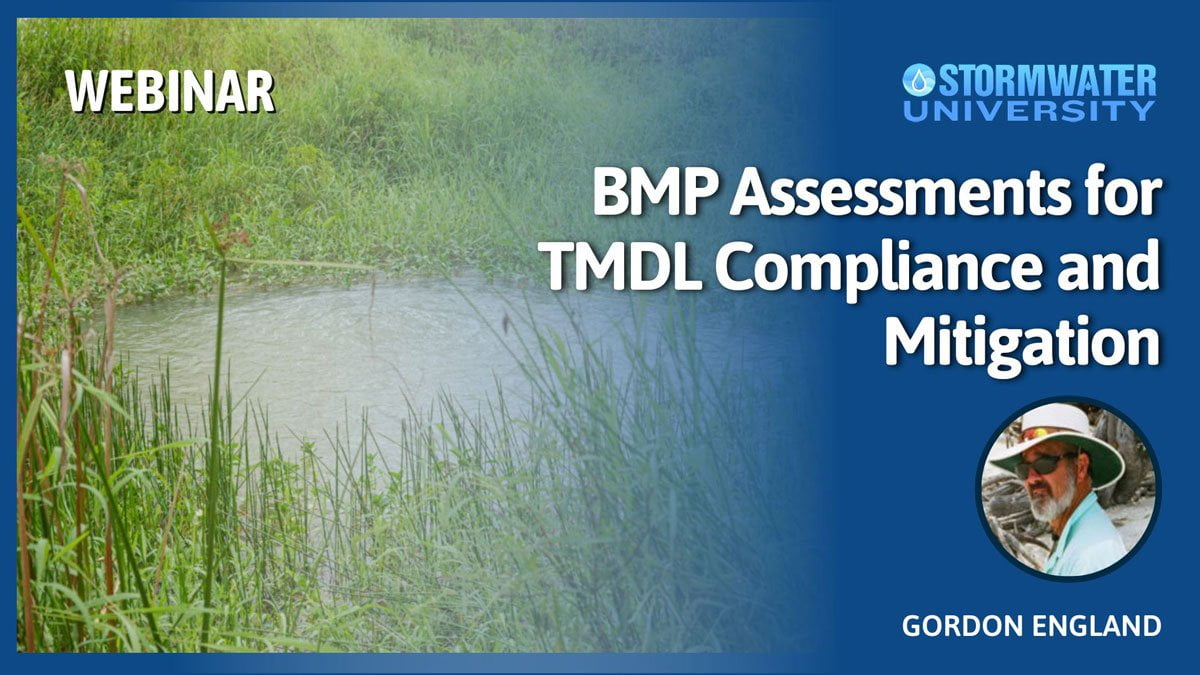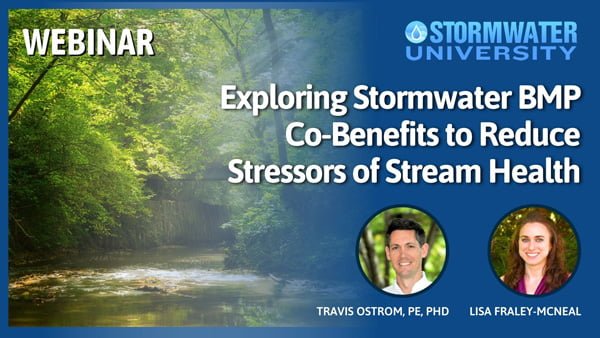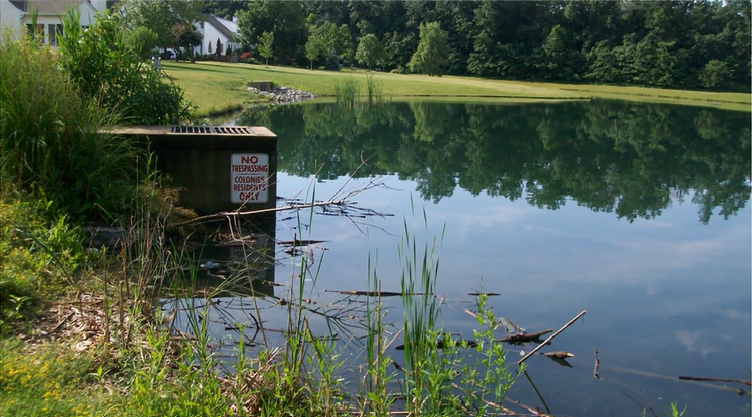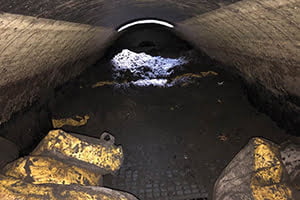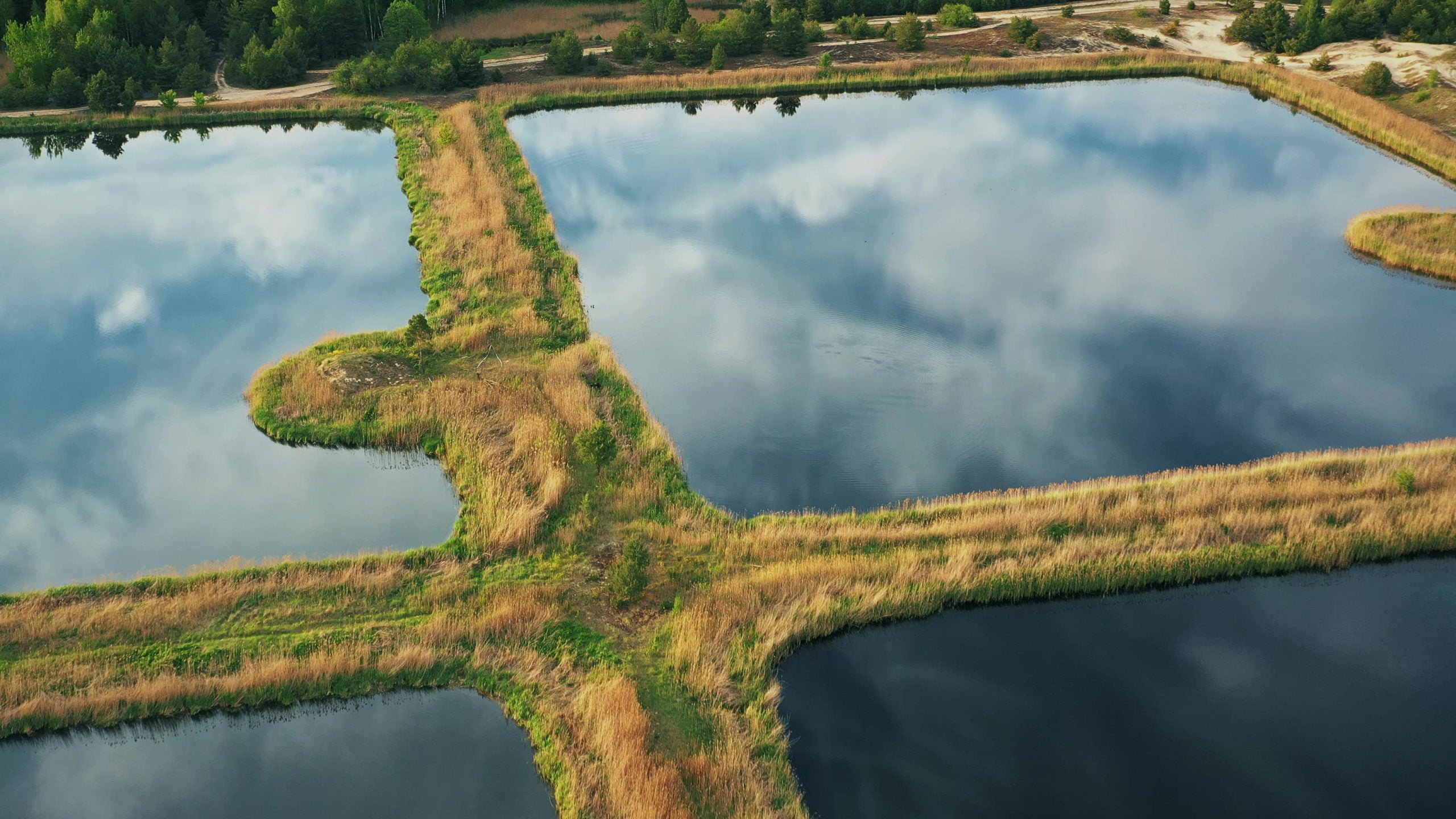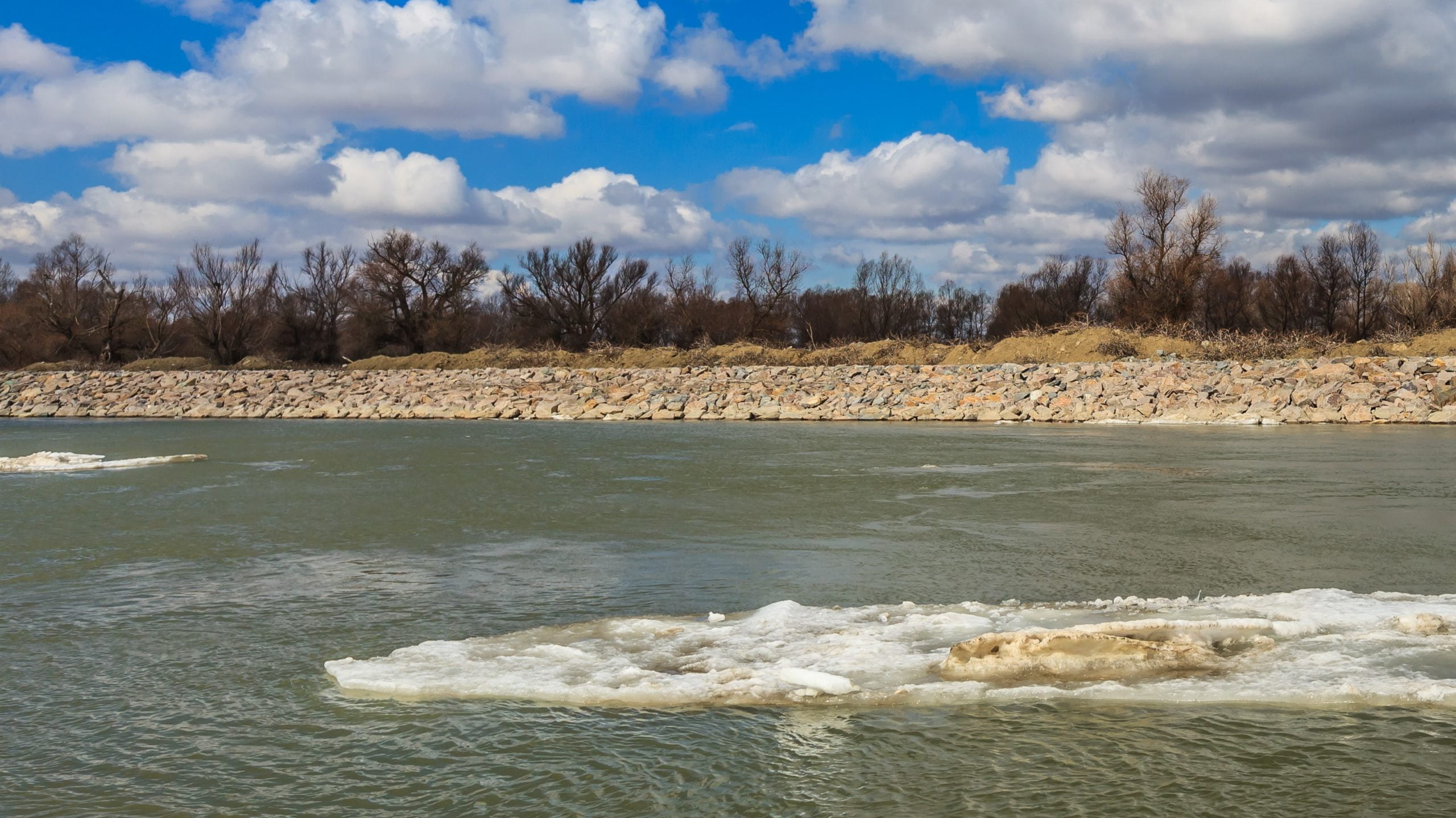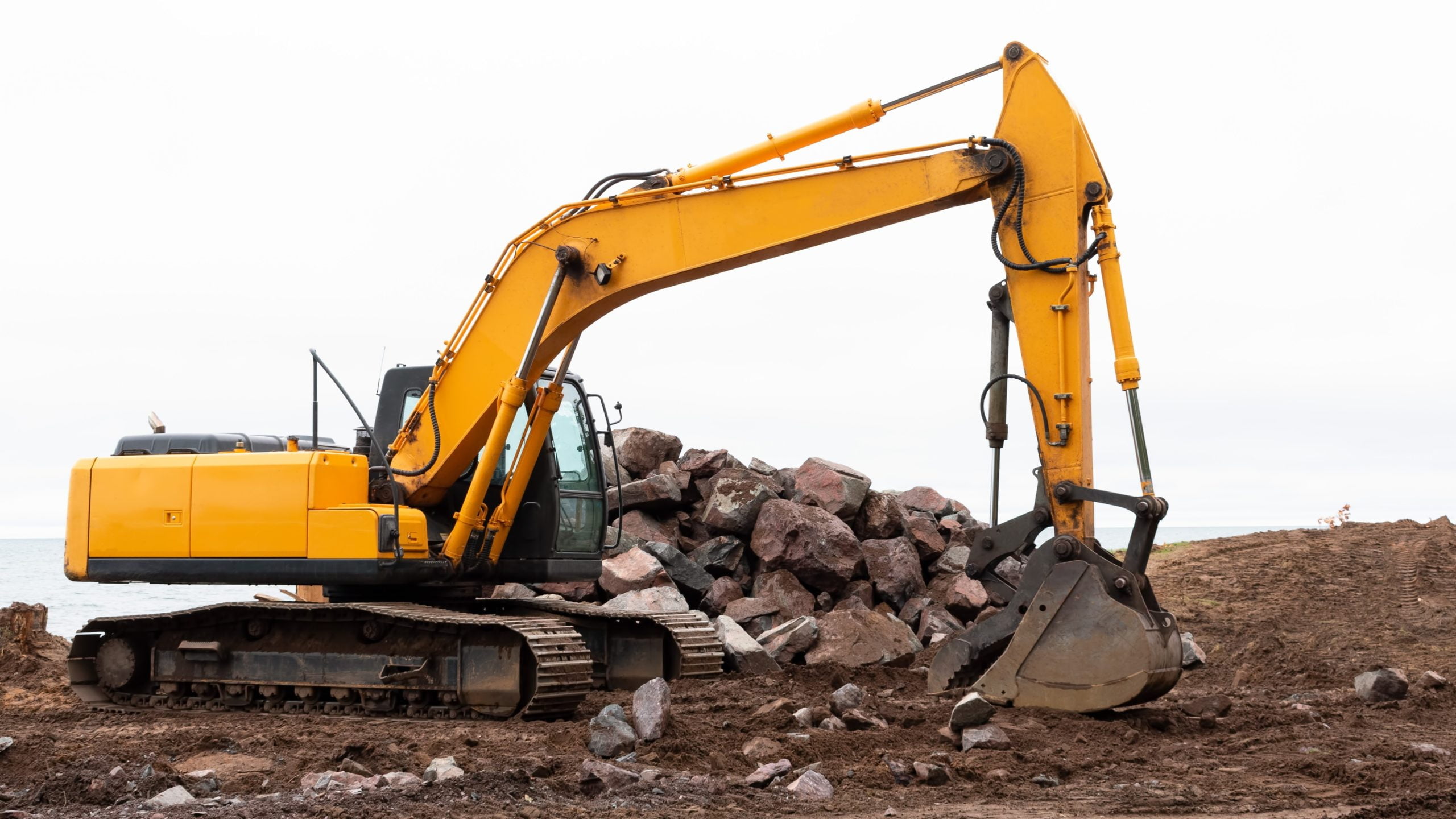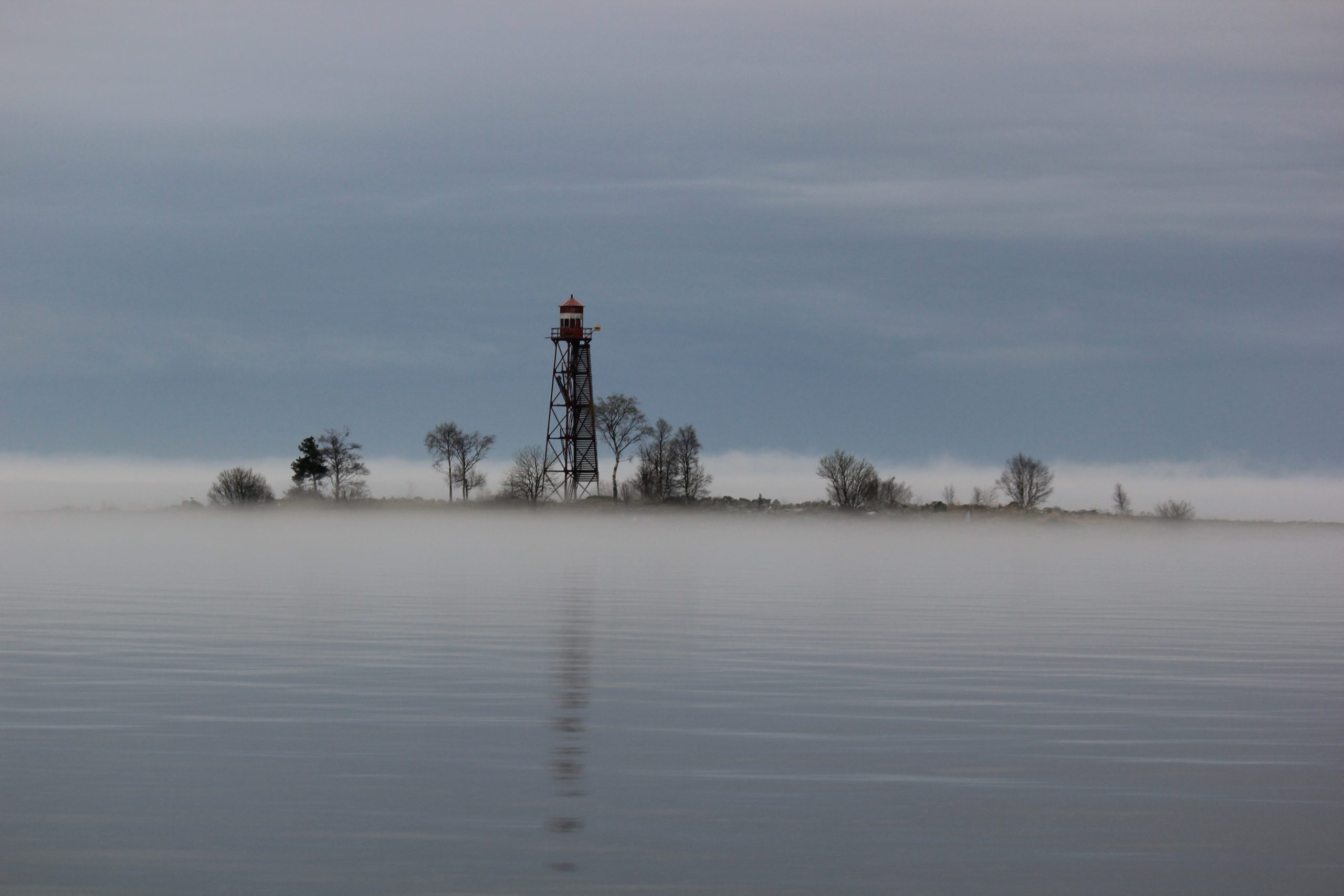BMP Monitoring
This technical topic discusses methods for evaluating and comparing the effectiveness of best management practices, as well as topics and trends in stormwater research, such as standardizing testing protocols and standards.
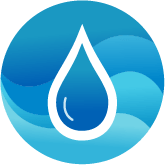
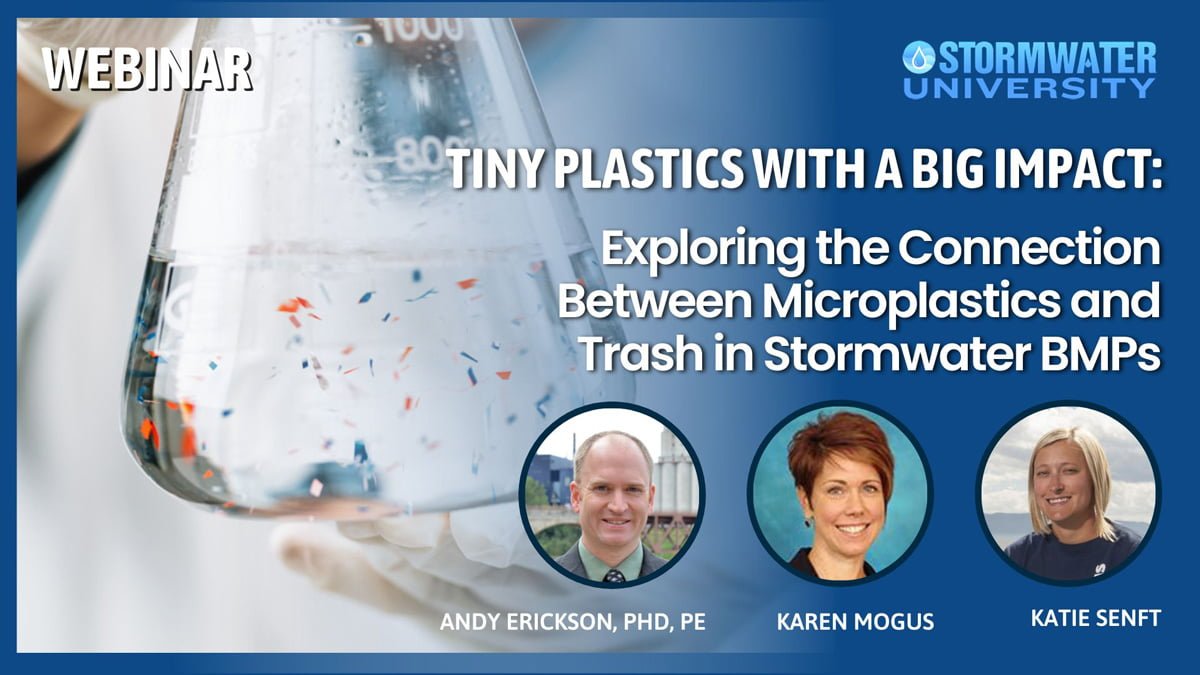
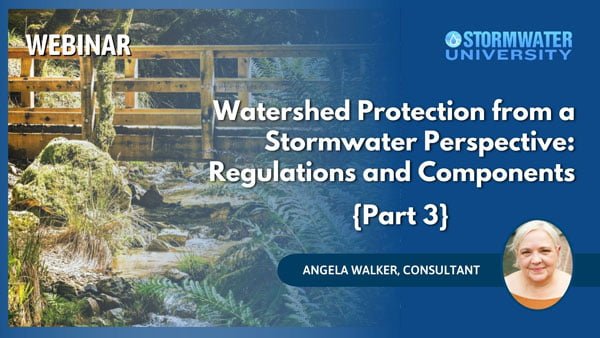
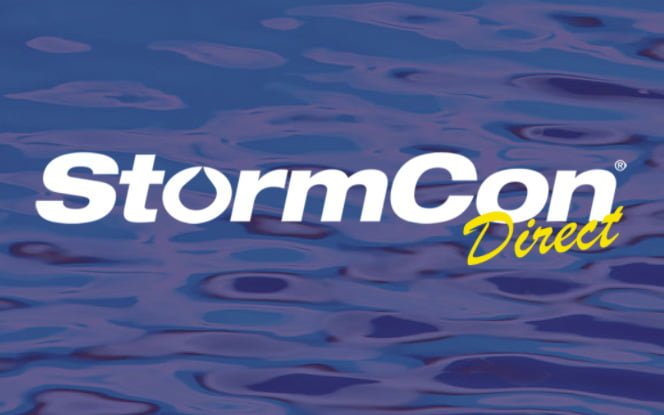
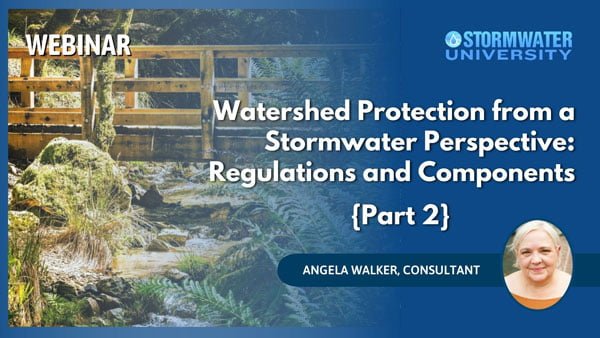
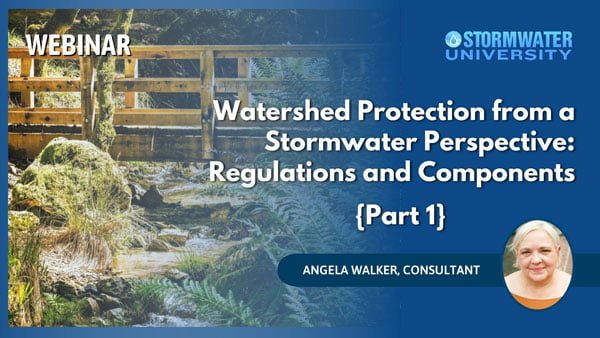


Learn from our expert instructors through interactive courses, live and on-demand webinars. Brush up on your skills through our fundamental courses, explore new approaches to industry challenges and earn CEU/PDH credits along the way.
Receive Updates
Sign up for our newsletter and receive information about new available courses, future courses in development, discounts, contests, upcoming events, user group invites & more.
Support
Contact us if you have questions about your account, courses or certificates.
© 2024 Endeavor Business Media | 331 54th Ave N., Nashville, TN 37209 | +1 (800) 547-7377

